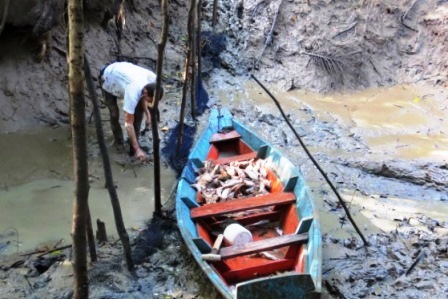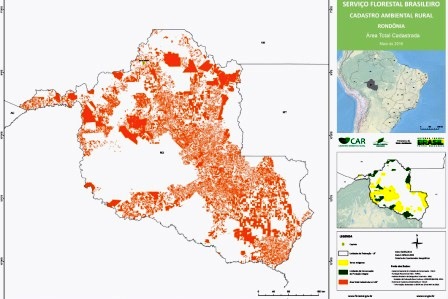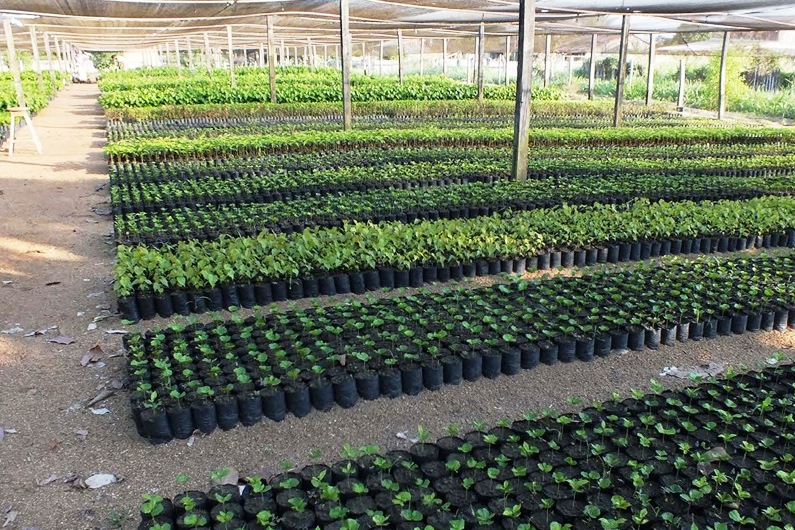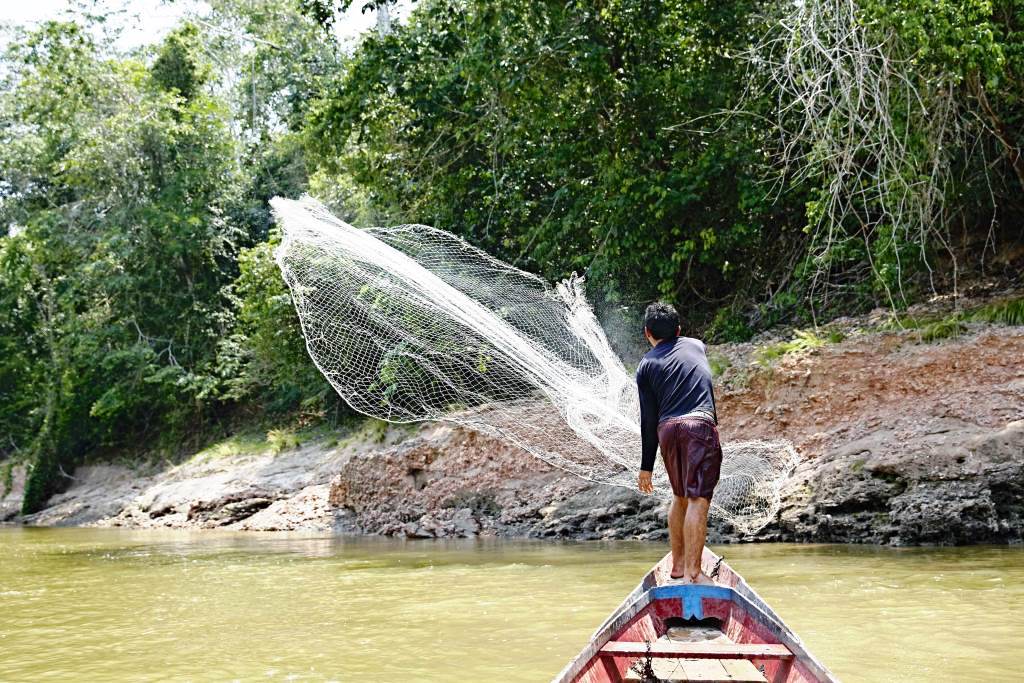CONTEXTUALIZATION
The Mamirauá Institute for Sustainable Development (IDSM) was established in 1999. It is a non-profit civil association qualified as a Social Organization (OS), which carries out its activities through programs focused on research, natural resource management, and social development—primarily in the Médio Solimões region, in the state of Amazonas.
In order to contribute to the conservation of natural resources and biodiversity, as well as to the improvement of the quality of life of local populations living in protected areas, IDSM carries out actions such as technical assistance based on research results, incorporation of traditional knowledge, monitoring of species targeted for sustainable management, and compliance with environmental legislation. The institute is particularly recognized for its work in fisheries value chains (notably pirarucu) and community-based forest management, but it also works with other chains such as alligator and stingless bee (meliponiculture) production.
This project is part of the Public Call for Projects – Amazon Fund No. 01/2017, which aimed to select proposals eligible for non-reimbursable financial support from the Amazon Fund to promote sustainable and inclusive value chains. The call focused on productive arrangements in an aggregating model, in which the proponent institution coordinates an integrated arrangement of subprojects implemented by other organizations, known as "aggregated entities."
THE PROJECT
The REMANSO project proposes to work with four value chains — pirarucu, alligator, timber, and meliponiculture — across a region that spans two states in the Amazon (Amazonas and Pará), nine municipalities (Alvarães/AM, Fonte Boa/AM, Jutaí/AM, Manacapuru/AM, Maraã/AM, Tefé/AM, Uarini/AM, Alenquer/PA, and Santarém/PA), three Conservation Units (Mamirauá Sustainable Development Reserve, Amanã Sustainable Development Reserve, and Tefé National Forest), and three Agroextractivist Settlement Projects – PAEs (Tapará, Salvação, and Atumã). The project is expected to benefit approximately 1,167 families and 3,510 individuals.
The Mamirauá Institute for Sustainable Development (IDSM) will serve as the lead (aggregating) organization, coordinating nine partner institutions:
-
Fishermen's Colony Z-4 of Tefé (Pirarucu value chain);
-
Fishermen's Colony Z-23 of Alvarães (Pirarucu value chain);
-
Fishermen's Colony Z-32 of Maraã (Pirarucu value chain);
-
Society for Research and Protection of the Environment – SAPOPEMA (Pirarucu value chain);
-
Association of Producers from the Jarauá Sector – APSJ (Alligator value chain);
-
Association of Residents and Users of the Mamirauá SDR – AMURMAM (Alligator and Timber value chains);
-
Association of Sawmillers and Furniture Makers of Uarini – ASSEMOV (Timber value chain);
-
Association of the Wood and Furniture Hub of Manacapuru – APOMAM (Timber value chain);
-
Association of Agroextractivist Producers of the Tefé National Forest and Surroundings – APAFE (Meliponiculture value chain).
The expected results of the project include:
-
Strengthening of four sociobiodiversity product value chains through the improvement of resource management, production processes, transportation, and market access;
-
Strengthening of the institutions involved in the project’s implementation through training and experience exchanges;
-
Increased income and improved quality of life for producers;
-
Promotion of sustainable resource management, contributing to forest conservation, biodiversity protection, and compliance with relevant environmental legislation.
INTERVENTION LOGIC
The project falls under the Sustainable Production component of the Amazon Fund’s Logical Framework, contributing to the following direct effects:
(1.1) Sustainable forest and biodiversity-based economic activities identified and developed;
(1.2) Agroforestry and biodiversity product value chains with increased added value; and
(1.3) Strengthened technical and managerial capacities for implementing sustainable forest and biodiversity-based economic activities.







